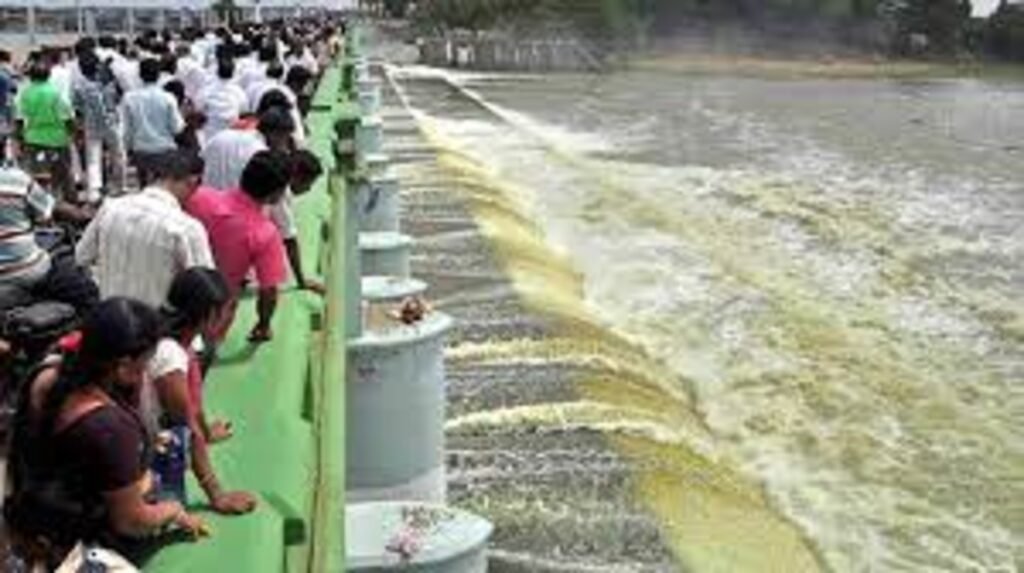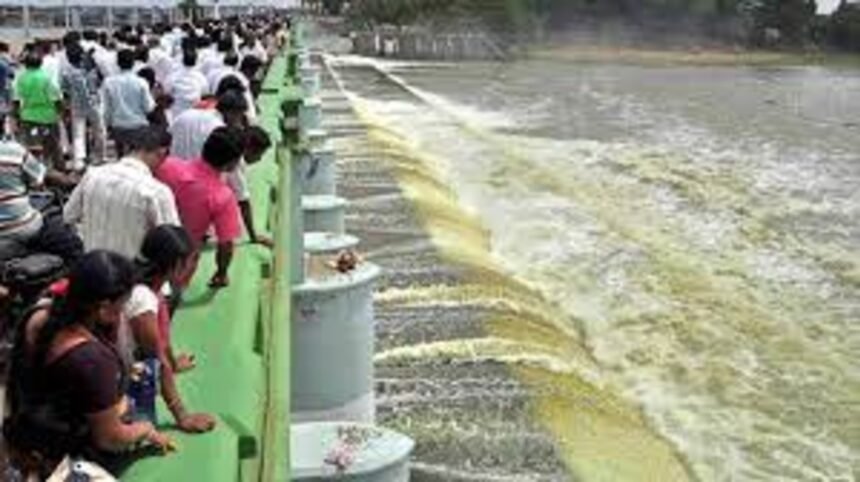August 24, 2023
Introduction
In an ongoing battle that has stretched over decades, the states of Karnataka and Tamil Nadu find themselves embroiled in a bitter dispute over sharing water from the Kaveri River. The latest development in this protracted conflict is the exchange of accusations between Tamil Nadu Bharatiya Janata Party (BJP) president K Annamalai and the Karnataka Government.

Annamalai, speaking on Tuesday, squarely placed the blame on the Congress government’s shoulders, alleging that the “whole problem started after Congress came to power in Karnataka.” He asserted that the Congress-led government’s short-term political gains had contributed to the escalation of the dispute. The BJP leader also singled out Karnataka Deputy Chief Minister DK Shivakumar’s statements, claiming they further aggravated the issue by expressing an unwillingness to allocate any water to Tamil Nadu.
What the dispute is about
The dispute centers around the construction of a reservoir in Mekedatu, which would span the Kaveri River. The river, originating in Karnataka and flowing through Tamil Nadu and Pondicherry, is a vital source of irrigation and drinking water for millions in the region. The contentious issue prompted the formation of the Cauvery Water Disputes Tribunal (CWDT) in 1990, aimed at resolving disagreements among Tamil Nadu, Kerala, Karnataka, and Puducherry.
Amidst the escalating tensions, the Karnataka state government has called for an all-party meeting scheduled for August 23. The meeting aims to address the water-related disputes concerning the Kaveri River and, hopefully, seek a resolution to the longstanding issue. To foster a comprehensive dialogue, senior Parliament members have also been invited to participate.
The Supreme Court, recognizing the gravity of the situation, has agreed to constitute a bench to address the Kaveri River water-sharing dispute. In response to Tamil Nadu’s request, the court has been asked to direct Karnataka to release 24,000 cusecs of water daily to support standing crops. The case reflects the complex interplay between agricultural needs, political interests, and interstate cooperation.
Conclusion
As the states continue to wrestle with this dispute, the outcome of the all-party meeting holds the potential to shape the trajectory of the conflict. With the water needs of millions at stake, finding a balance between Karnataka’s and Tamil Nadu’s interests remains a daunting challenge that demands a diplomatic and cooperative approach. The resolution of this dispute could have far-reaching implications for the region’s socio-economic landscape, making it a matter of great significance for both states and the people they represent.






